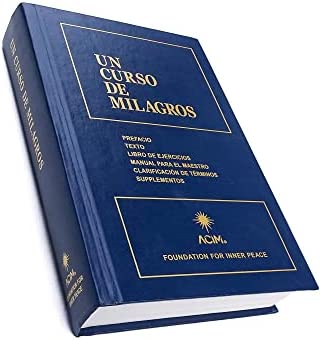This article is an introduction to special un curso de milagros in Irish secondary schools. The past then years have witnessed a sea change in special education provision in Ireland. The Department of Education and Science has issued numerous directives and guidelines in relation to policy, provision, structure and supports. Since 1998 there have been ten pieces of legislation passed through the Dail that relate, one way or another to children and special education needs The National Council for Special Education (NCSE) has been established along with the Special Education Support Service (SESS). Both these organisations oversee and coordinate all special education initiatives nationwide. Ireland’s primary schools have pioneered these new directives. Special education provision at primary level is developing at a rapid pace and great strides are being made. The next horizon for improvement is secondary school.
Ireland’s secondary schools are driven by an exam-oriented curriculum. Subject area specialists teach all of the curricular content. The supports available to children with special needs are not extensive or as tested as those at primary level. In what follows we will look at the needs and entitlements of children entering secondary school who have identified special education needs and those who are entering and later discovered to have a special education need.
My child has been receiving extra help in primary school. What should I look for in a secondary school?
You should look for a school with a special education teacher in place on a full-time basis to support all children with special needs in the school. It is important to also be sure the school has a commitment to supporting and educating children with special needs. The school should have on its staff teachers who have had some training in how to differentiate their methodology and curriculum for children with special needs. There should be an accepting attitude on the part of all staff. Remember, your child is entitled to enter fully into the life of the school and avail of all it has to offer. How do you find out these things? Talk to the school principal and ask questions about the topics listed above. Remember, your child may be eligible for special consideration at the time of Junior Cert and Leaving Cert but this will have to be determined about a year before these exams will be taken.
What is s/he entitled to?
A child who has been receiving special education resources or support in primary school is eligible for continued support at secondary level so long as they continue to have a special education need. It is possible that a primary school child, after receiving several years of support, could no longer be deemed to have a special education need but this is the exception not the rule.
Your child will be entitled to the same general provision he or she received in primary school. Typically this takes the form of specialist teaching from a Learning Support or Special Education Resource teacher (both are now often being referred to simply as Special Education teachers. This support is to be determined based on need with the number of hours of support being determined by the Individual Education Plan (IEP) drawn up in the last year of primary school. In addition to the IEP there should have been a Transition Plan completed during the last year of primary school The Transition Plan will devise the structure of transition to secondary school and may alter the IEP for a short period of time. If this happens there should be a team meeting in about six months or less to write the secondary school IEP. In general students in secondary school are eligible for the same supports as in primary school. This may include a Special Needs Assistant (SNA).
Generally speaking your child’s Individual Education Plan is the map which documents exactly what services your child will receive, when he or she will receive them and from whom. The IEP is your best protection against a child not receiving the services they need. IEP’s will eventually become legally binding documents on all parties and a school must provide the services outlined in the IEP. An IEP cannot be changed or implemented without your consent.
Remember that upon entering secondary school a Transition Plan may be in place that slightly alters the previous IEP. This will have to be reviewed within a short span of time to be sure the child receives appropriate support services. Don’t be afraid to talk to the school principal because he or she is ultimately responsible to see to it that children receive the services they are entitled to receive.

